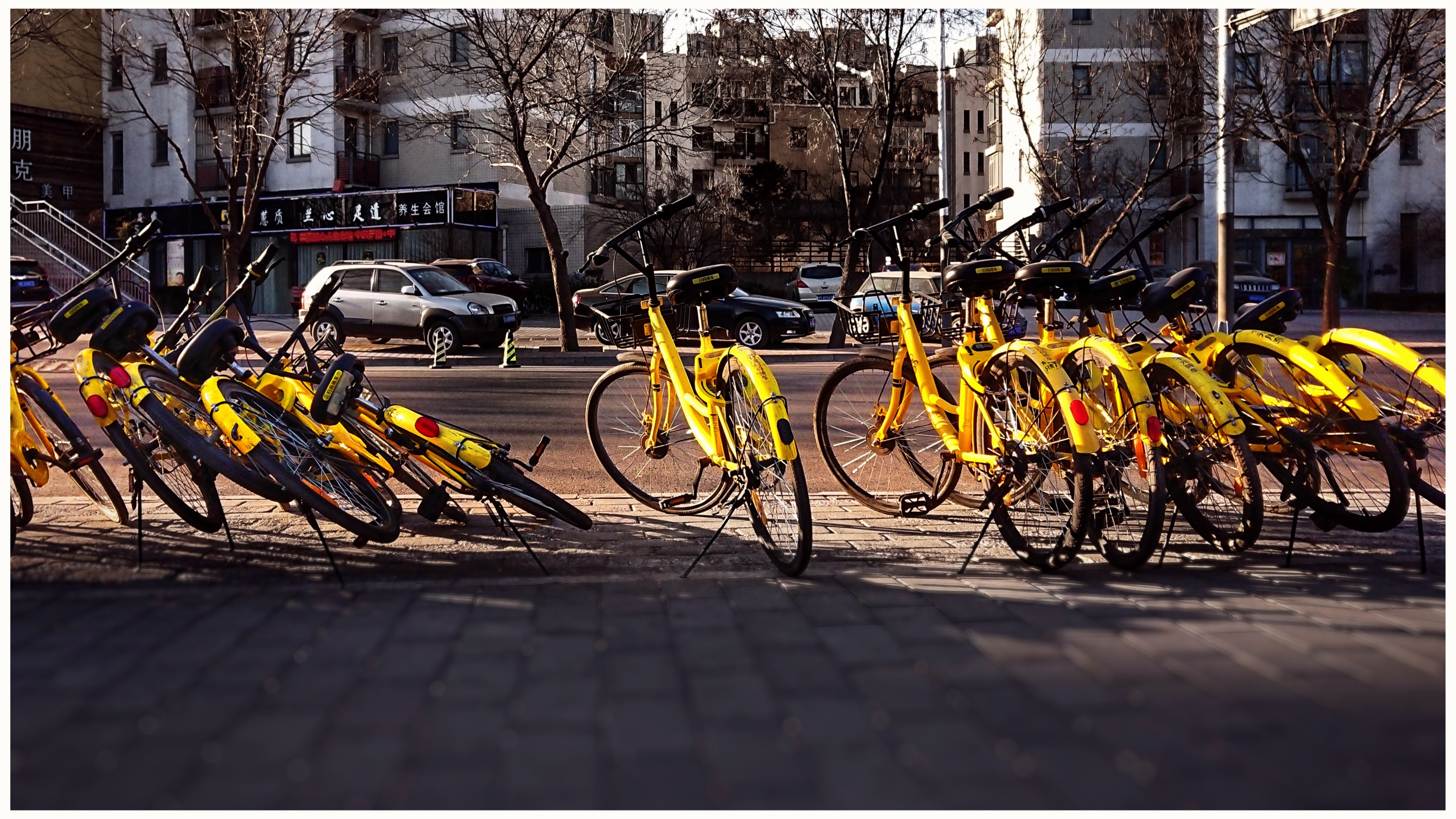Recent headline figures for the sharing economy flagship company Airbnb are that in early 2016 there were 640,000 Airbnb hosts, 2 million listings and 60 million users worldwide. In Paris, the number of Airbnb listings increased 220 times from 2009 to 2015. Several digital platform-based sharing economy companies such as Uber (taxi service), Bla Bla Car (ride sharing) and Ofo (bicycle sharing) have experienced a similar exponential rise in the number of users and popularity.
The following video clip featuring Professor Arun Sundararajan (New York University) captures the excitement of the proponents of the sharing economy concerning its potential for growth and disruption of the mainstream economy.
Webby Connect Interview: Arun Sundararajan on The Sharing Economy
While Arun Sundararajan views the sharing economy in an unequivocally positive light, as an opportunity to increase efficiency of the market economy, grow production, increase consumption and as a benefit to the less well-off, Janelle Orsi of the Sustainable Economies Law Center in California takes a more critical view of the digital platform-based sharing economy. To find out what Orsi identifies as the two key design flaws of this model of economy, watch the next cartoon up to 5:20 (we’ll watch and analyse the rest later):
The Next Sharing Economy: Now Featuring More Sharing!
Criticism of the sharing economy
As you have seen, in her cartoon Orsi relates the proliferation of the sharing economy to major global trends and problems, such as growing social inequality and climate change. This mounting critique of the sharing economy is partly borne out of the frustration that activists, academics and many other citizens feel when they look back at the early 2000s’ euphoria about the capacity of the sharing economy as the ‘third perspective on capitalism and consumerism’ (Heinrichs 2013) to minimise resource use, disrupt mainstream economy, erode consumerism and foster social cohesion (Hamari et al. 2015).
At the time, the nascent sharing economy with digital intermediary platforms to handle logistics was about timesharing power tools, cars and other similar things on a non-profit basis. The idea was to make a more effective, cheaper and environmentally beneficial use of these tools rather than owning them and leaving them idle much of the time. This changed once for-profit companies took control of intermediary digital platforms. The prominent commentator on technology and society Evgeny Morozov called the outcome of this transformation ‘neoliberalism on steroids’ (Morozov 2013, cited in Richardson 2015).
Regaining the sharing economy
While the first part of Orsi’s cartoon shows how the ownership structure of companies in today’s sharing economy undermine social and environmental goals they might once have had, the second part of the cartoon discusses how the new economic model of the sharing economy could be transformed to restore its social and environmental benefits.
In today’s sharing economy, dominated by its representation as the market and platform based commercial transactions, Lizzie Richardson’s (2015) article is a timely reminder that the emergence of the sharing economy has been framed as a confluence of the mobilisation of sharing within the cyber (sub)cultures and within diverse economies. The latter is a concept coined by J. K. Gibson-Graham (2008) and refers to a range of economic forms outside the mainstream economy, including alternative markets (ethical fair trade markets, barter, local trading systems and alternative currencies) and non-market economies (household flows, gift giving and exchanges, gleaning and gathering). It was these alternative market and non-market transactions, enhanced and mediated by digital platforms that were seen as drivers towards those social and environmental benefits mentioned at the outset.
The subversion of broader social and environmental transformations associated with the earlier variant of the sharing economy by the narrow focus on profit maximisation points to the need to consider the mutualisation of existing platform-based businesses as proposed by Janelle Orsi. But we also need to take a further step back and revisit the forms of peer to peer sharing that thrived – and still thrive – outside the market. These economic forms are not motivated by profit and may not even require digital intermediations.

Rate and Review
Rate this activity
Review this activity
Log into OpenLearn to leave reviews and join in the conversation.
Activity reviews